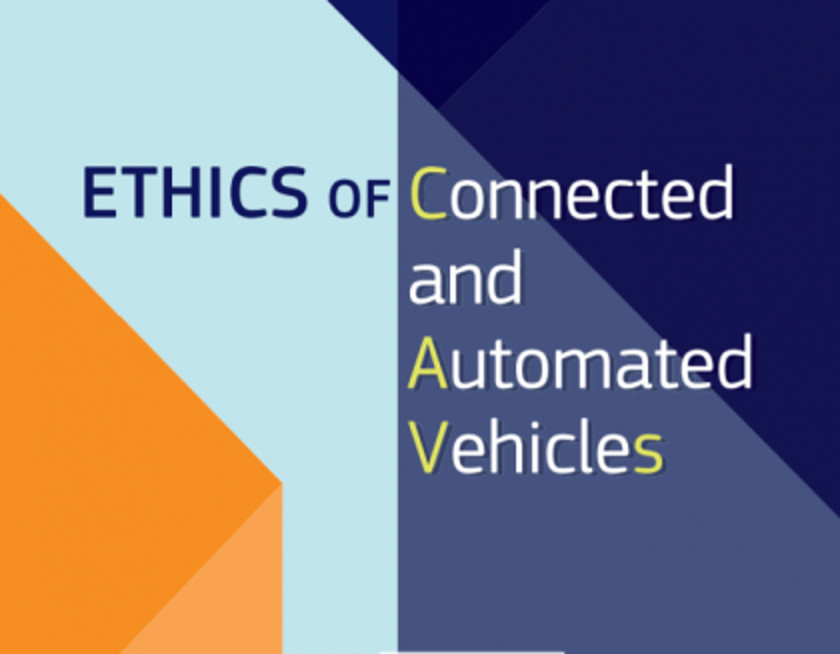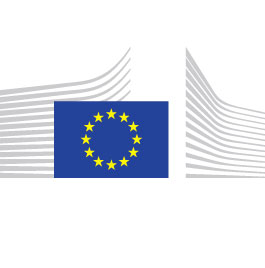
Robohub.org
Ethics of connected and automated vehicles

The European Commission has published a report by an independent group of experts on Ethics of Connected and Automated Vehicles (CAVs). This report advises on specific ethical issues raised by driverless mobility for road transport. The report aims to promote a safe and responsible transition to connected and automated vehicles by supporting stakeholders in the systematic inclusion of ethical considerations in the development and regulation of CAVs.
The report presents 20 ethical recommendations concerning the future development and use of CAVs based on ethical and legal principles. The recommendations are discussed in the context of three topics areas:
Road Safety, Risk, Dilemmas
Improvements in safety achieved by CAVs should be publicly demonstrable and monitored through solid and shared scientific methods and data; these improvements should be achieved in compliance with basic ethical and legal principles, such as a fair distribution of risk and the protection of basic rights, including those of vulnerable users; these same considerations should apply to dilemma scenarios.
Data and algorithm Ethics: Privacy, Fairness, Explainability
The acquisition and processing of static and dynamic data by CAVs should safeguard basic privacy rights, should not create discrimination between users, and should happen via processes that are accessible and understandable to the subjects involved.
Responsibility
Considering who should be liable for paying compensation following a collision is not sufficient; it is also important to make different stakeholders willing, able and motivated to take responsibility for preventing undesirable outcomes and promoting societally beneficial outcomes of CAVs, that is creating a culture of responsibility for CAVs.
Read the full report.
tags: c-Politics-Law-Society, ethics, Report







